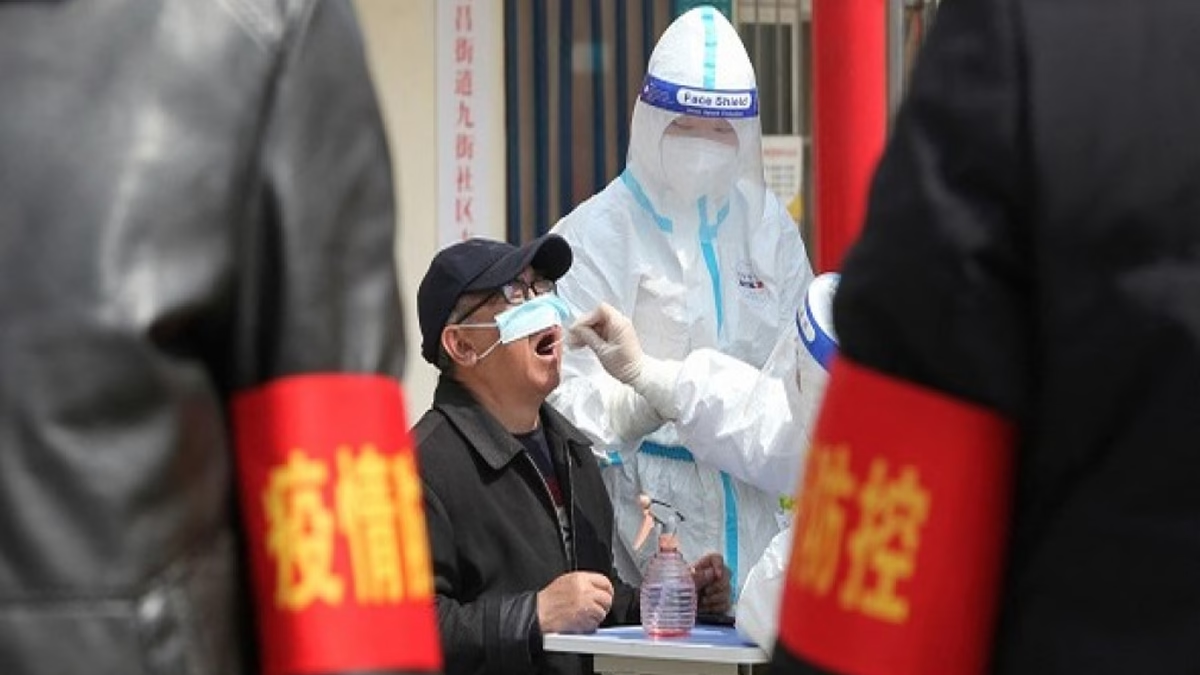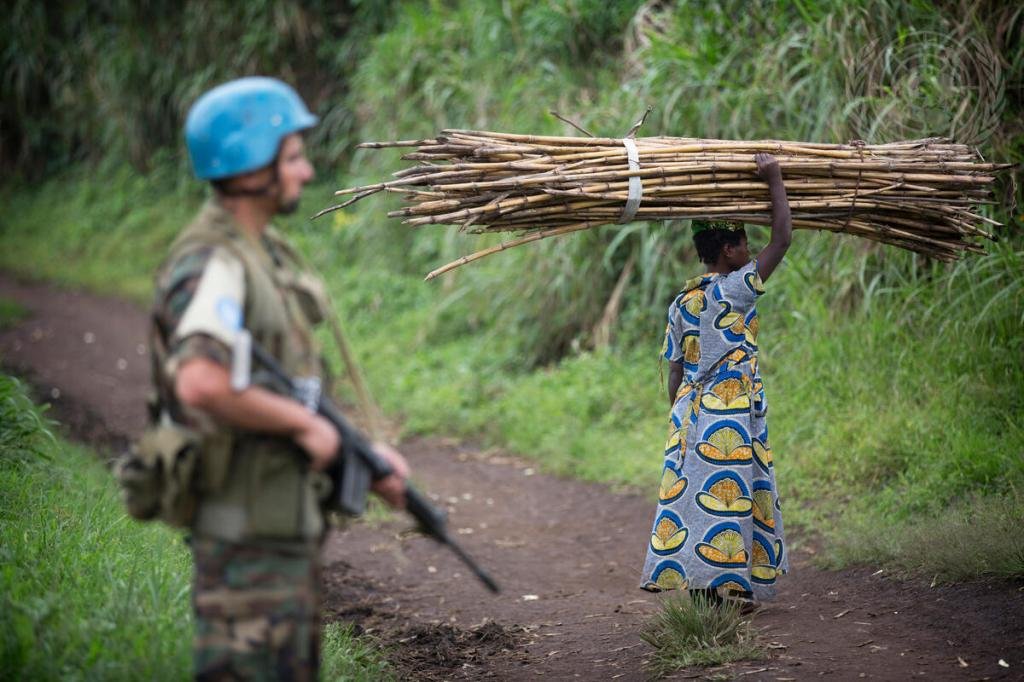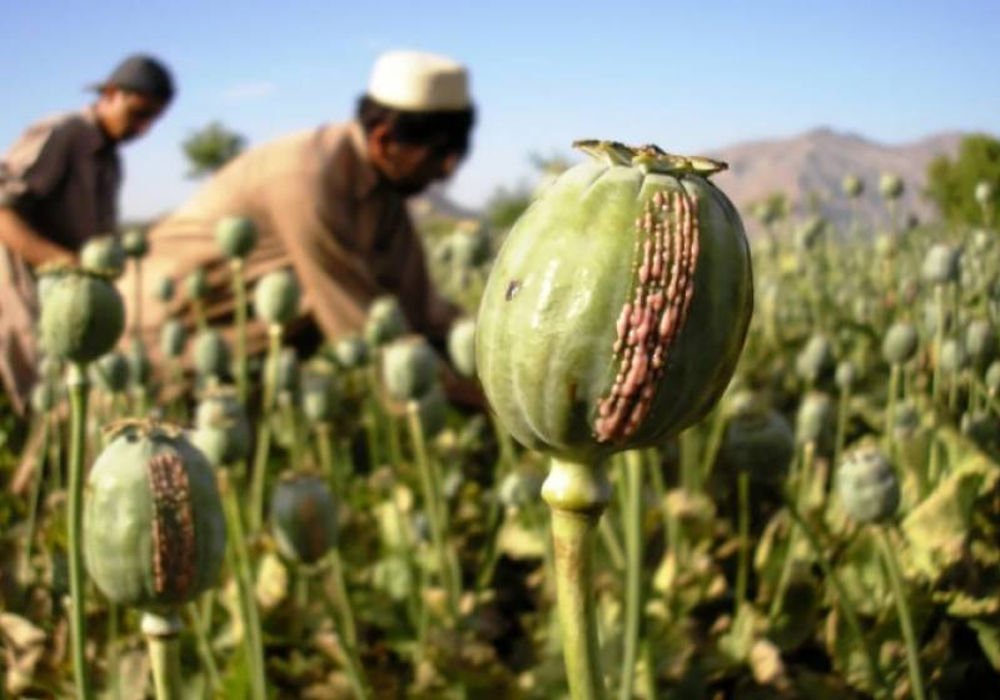Beijing responded firmly on Tuesday to the World Health Organization’s (WHO) call for more data and access regarding the origins of Covid-19, asserting that it had fully shared information on the virus without withholding anything. The WHO had urged China to provide further details, calling it a “moral and scientific imperative” to help understand the disease’s origins.
Covid-19, which first emerged in Wuhan, China, in December 2019, caused widespread devastation, killing millions, crippling economies, and overwhelming global health systems. The WHO issued a statement on Monday urging China to be more transparent, but China maintained that it had already contributed significantly to global research on the origins of the virus.
Foreign ministry spokesperson Mao Ning emphasized that China had promptly shared epidemic information, including viral gene sequences, with the WHO and the international community, as well as detailed its prevention, control, and treatment strategies.
Despite China’s claims of transparency, the WHO has repeatedly criticized the country for lacking full cooperation and transparency during the pandemic. In early 2021, a joint investigation by WHO specialists and Chinese experts suggested that the virus likely spread from bats to humans through an intermediary animal at a market. Since then, a follow-up team has not been allowed to return to China, and the WHO continues to request additional data.
Mao Ning responded on Tuesday, suggesting that “more and more clues” pointed to Covid-19’s origins being global in scope, with China remaining willing to collaborate on scientific origin tracing to prevent future infectious disease outbreaks.
In addition to ongoing discussions about the virus’s origins, the WHO’s Director-General, Tedros Adhanom Ghebreyesus, acknowledged that the world still faces vulnerabilities similar to those that allowed Covid-19 to spread but noted significant improvements in global pandemic preparedness. A global treaty on pandemic prevention, preparedness, and response has been under negotiation since December 2021, with member states nearing an agreement on most aspects. Key unresolved issues include the obligation for countries to quickly share emerging pathogens and the equitable distribution of benefits like vaccines during future pandemics.
Negotiations are set to conclude by May 2025.



